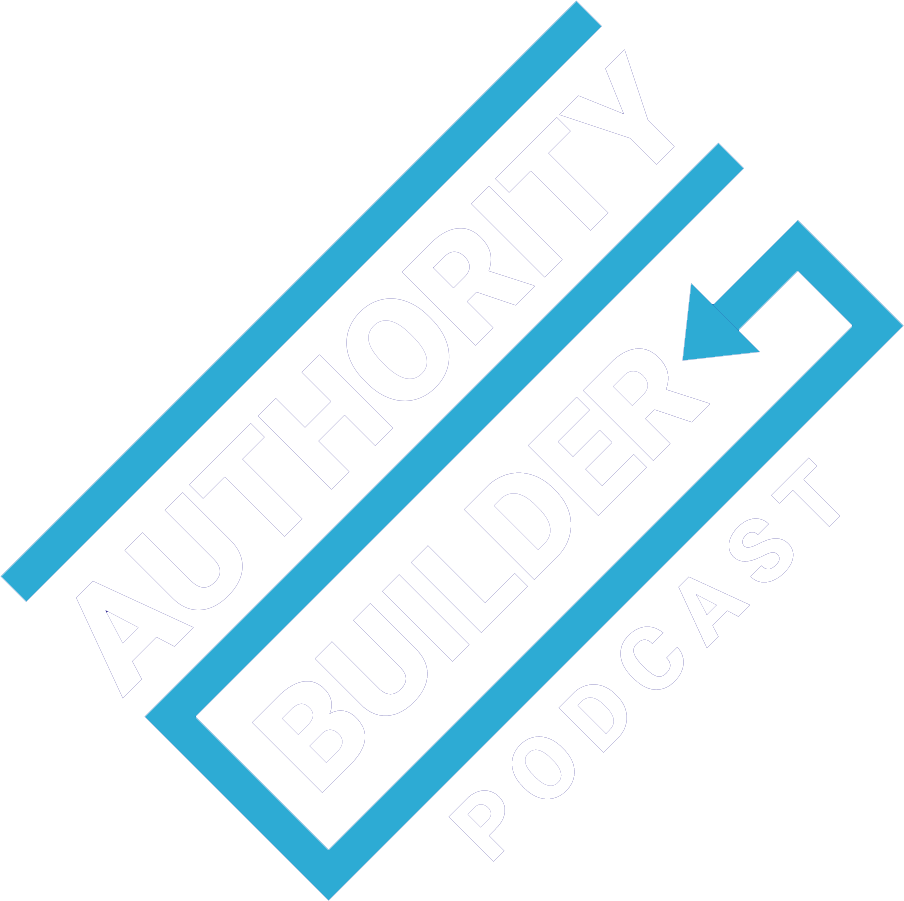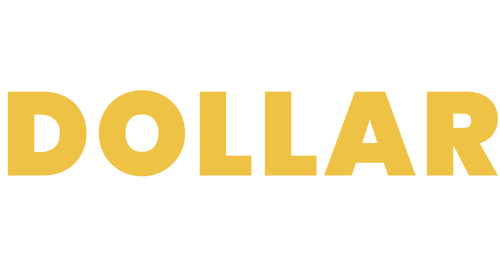Jay Lucas’s positivity is infectious. It’s no surprise, he says that the root of success is how you view the world. We explore ways to stay optimistic even when faced with even the most difficult situations.
Jay has used his philosophy to excel in government and business, including his work today with the Lucas Group, which works with private equity investors to grow companies.
But advising and building businesses isn’t his only passion. He’s also involved in a creative community revitalization project that’s very close to his heart.
There are lessons there that struggling small towns across the country could learn from.
Tune in to discover…
- How – and why – to turn thoughts into things
- Unlocking potential you don’t know you have
- Winning the genetic lottery – and how to invest the proceeds
- The advantages of “distributed” work
- And more…
Episode Timeline:
00:11 Today Steve speaks with Jay Lucas. Jay is a business leader, philanthropist, a past elected official, and author of the book, American Sunshine.
01:39 Jay tells us about his background where he went to Yale, Harvard, started out in a then small company called Bain before moving on to create the Lucas Group.
06:25 Jay tells us about the power of positive thinking and to always look forward and upward!
10:19 Jay talks about staying positive through the economic downturn of 2008.
14:36 Jay tells us about his vision for America through his book, American Sunshine.
16:26 Steve talks about some of the founding principles of America.
17:59 Jay tells us how we were all joined by a common sense of beliefs and principles and how we have taken them for granted.
21:12 Steve talks about him not realizing until recently the freedoms afforded to him simply by living in America.
22:52 Jay talks his hometown in New England and the revitalization work he is doing there.
29:37 Steve talks about the “retooling” of the economy driven by technology.
31:24 Jay talks about his plans on creating a great bus service to cater for people who want to commute from New England. He calls is the Newport Sunshine Initiative.
35:56 Jay tells us how best to get in contact with him.


